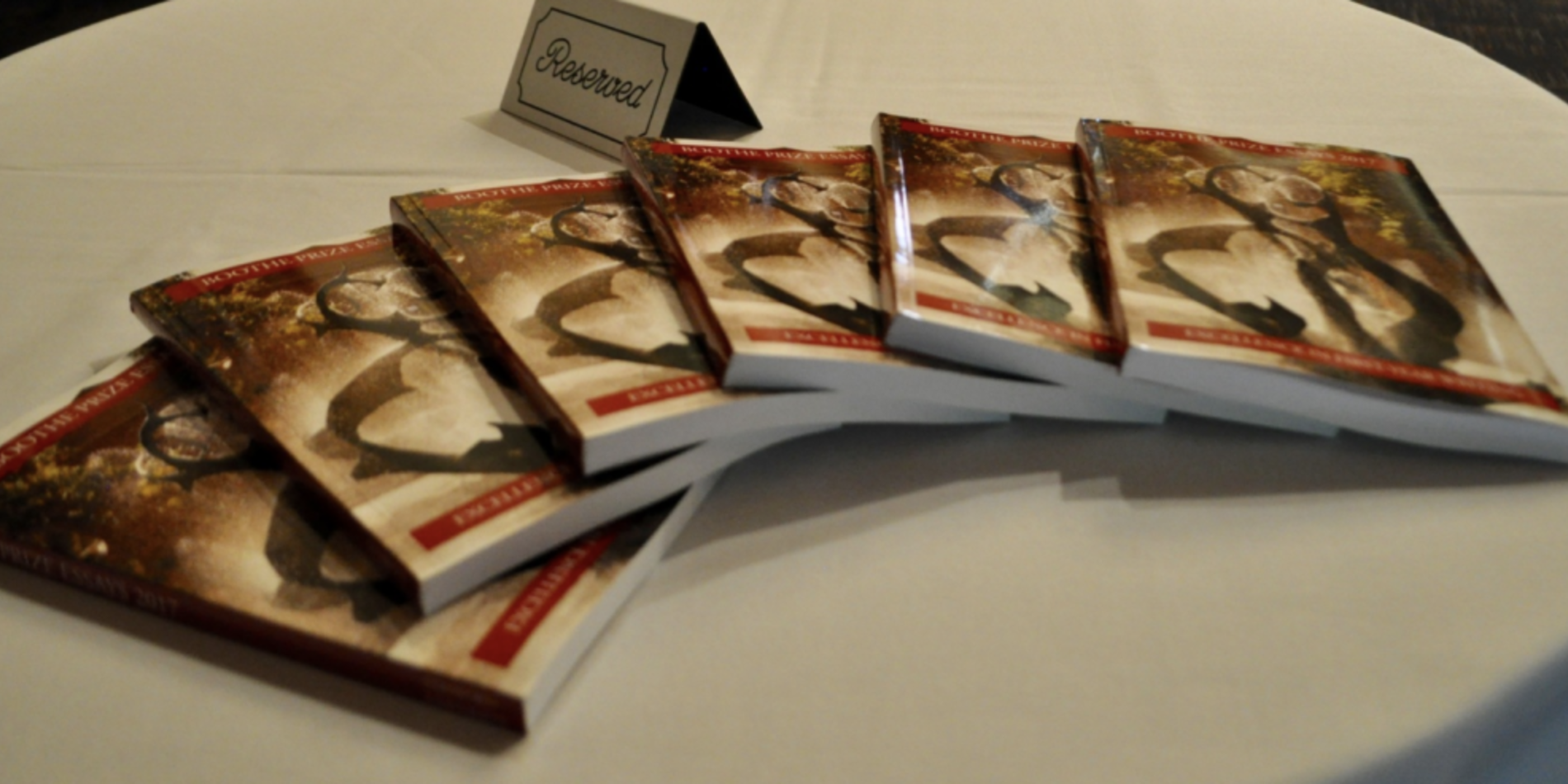This fall, the Spring ‘22 Boothe Prize winners were announced. The top prize went to Sejoon Chang for his essay “Sweet, Sour, and Umami: The Socioeconomics of Pad Thai and Thailand's State-Sponsored Gastrodiplomacy,” written for Julia Schulte’s PWR1 class “Our House: Rhetoric of Community.”

Sejoon is a Computer Science and Product Design major from Seoul, South Korea. His academic interests encompass engineering, design, marketing, and product management. He currently serves as vice president of the Stanford Marketing Group and has conducted psychiatry and behavioral research at the Stanford School of Medicine. Beyond Stanford, Sejoon also enjoys traveling around the world, taking photos, and trying new dishes to upload on his foodstagram.
Sejoon had this to say about his experience writing this award-winning essay:
“My passion for travel and food inspired me to explore the relationship between cuisine and politics in PWR 1. After traveling to Thailand, I was fascinated by the government’s gastrodiplomacy program; yet, I also discovered the untold story of its misappropriation of authentic Thai cuisine. I was hesitant to pursue a rarely researched topic at first, however, my instructor Julia Schulte encouraged me to develop my own evidence, wherein I was able to personally interview the Thai community and gain valuable insight.”

Aya Hilal was recognized with an honorable mention for her essay “Palestinian Disability: Ableism and Israel’s Settler-colonial Strategy.” It was written for Lindsey Felt’s PWR1: “#NoBodyIsDisposable: The Rhetoric of Disability.”
Aya is a prospective Human Biology major and creative writing minor from Tinley Park, IL. She’s interested in the intersections of disability, health, and race, especially in global and colonial/neocolonial contexts. In her free time, she enjoys reading fantasy books, writing creatively, and cooking new dishes.
When asked to reflect on the experience of writing her research based argument (RBA), Aya had this to say:
“The main source of inspiration for my RBA was my curiosity about the shifting narrative around Islamic and Southwest Asian/North African identities. As a child of Moroccan immigrants, these movements have always been very relevant to me, along with the nuances they bring and the questions they spark. My RBA was the first time I've ever seriously tapped into a topic I'm personally interested in. The process of poring over old texts and compiling notes on how historical events intersected with one another was both foreign and eye-opening.
As a writer, I think my ability to construct complex analyses grew greatly--looking back at the process, I realize it felt a lot like unearthing a recurring theme in texts that spanned decades and teasing out what that truly meant in both a historical and contemporary context. What I'm most proud of looking back at my RBA is the fact that I've filled a niche in understandings of the occupation of Palestine; firstly, for myself, and when this is published, hopefully for others. I drew on both primary and secondary sources while writing, and I feel like I expanded on something that hasn't been elaborated on in this depth before.
In terms of using lessons from this experience, I think I've gained a lot of confidence in the gut feeling I get when I think I've spotted a connection across texts. I'm always learning and growing, conscious that I'll never know everything and that there's always something new out there to explore. After writing this RBA, however, I feel surer of the connections I can seek out and explore on my own.”



